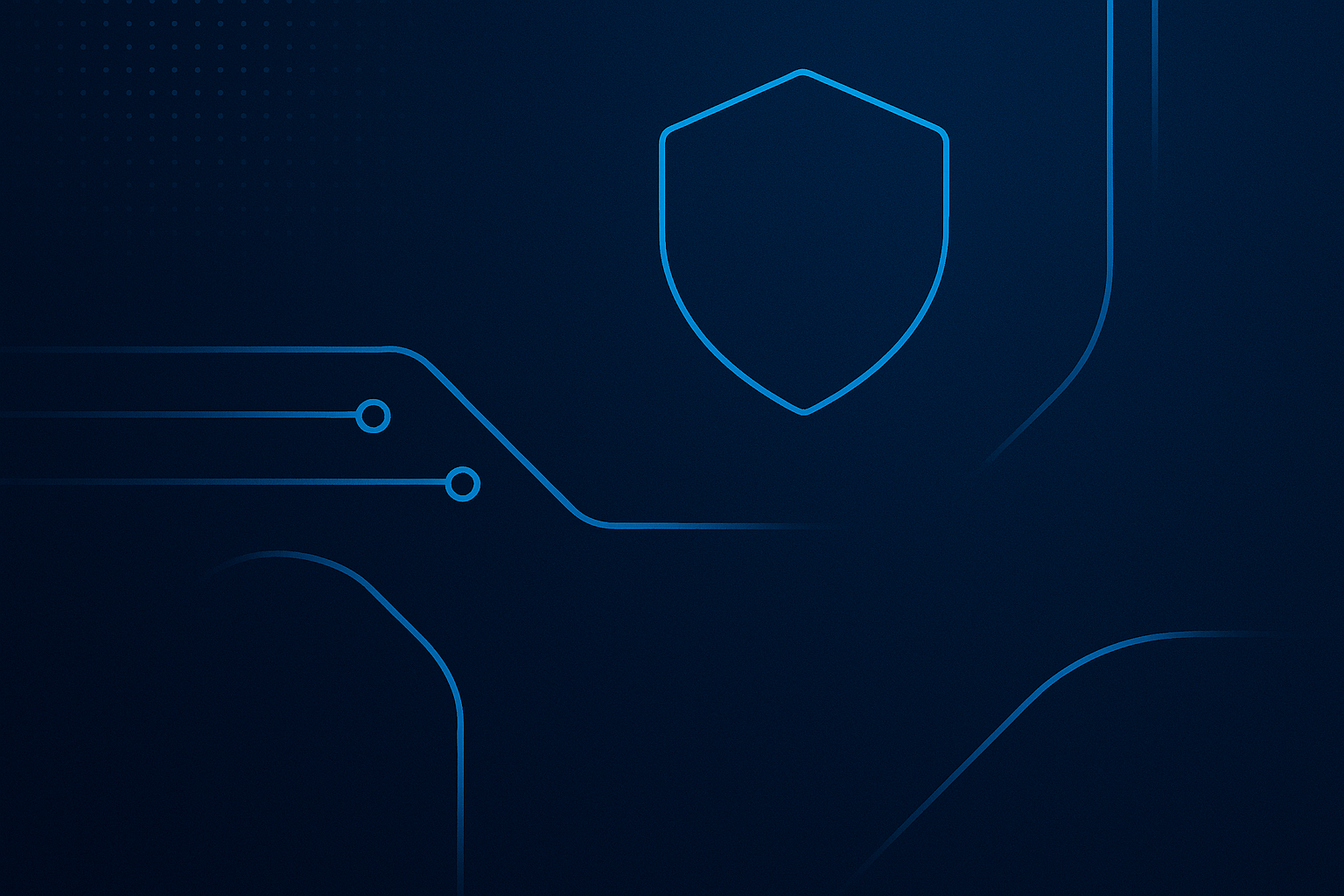A 2025 Perspective
As cyber threats escalate and regulations tighten, data sovereignty has become a cornerstone of cybersecurity strategy. Honeypots generate sensitive data—from attacker IPs to payloads—that may fall under GDPR, NIS2, and other EU rules. Hosting this data outside the EU exposes organizations to compliance risks and even foreign surveillance laws. That’s why EU-hosted honeypots are no longer optional—they’re essential. SecurityHive, headquartered in the Netherlands, delivers EU-hosted honeypots that combine compliance, innovation, and customer intimacy, making it the smart choice for European organizations.
Why Data Sovereignty Matters in Cybersecurity
Data sovereignty means that data is subject to the laws and governance of the country where it is stored. For EU-based organizations, this typically means:
- GDPR compliance: Ensuring personal or sensitive data (e.g. attacker IP addresses, metadata) doesn’t leave the EU without safeguards.
- NIS2 readiness: Meeting requirements for logging, monitoring, and incident reporting across critical infrastructure.
- Avoiding foreign jurisdiction risks: Non-EU hosting may expose data to laws like the U.S. CLOUD Act, where foreign authorities can demand access.
For honeypots, this is especially relevant. Every attacker interaction logged could include personal data under GDPR. If those logs are processed outside the EU, compliance issues arise.
Why Honeypot Hosting Location Is Critical
Honeypots are designed to capture the earliest signs of attack—scans, exploits, and payloads. But what happens to that data matters just as much as catching it:
- If logs are stored outside the EU, auditors may raise red flags during compliance checks.
- Sensitive attacker telemetry can be subject to foreign surveillance or subpoenas.
- Customers, regulators, and partners expect clear sovereignty guarantees.
In short: the value of your honeypot isn’t just the deception—it’s where and how its intelligence is stored.
The Growing Demand for EU-Hosted Honeypots
In 2025, more organizations—especially in government, finance, and healthcare—are explicitly requiring EU-hosted cybersecurity solutions. This demand is fueled by:
- GDPR enforcement actions against companies transferring data outside the EU without safeguards.
- NIS2 deadlines requiring demonstrable monitoring and reporting capabilities.
- Increased auditor scrutiny of logging and threat intelligence workflows.
- Rising awareness of supply chain and sovereignty risks.
Honeypots are no exception. In fact, because they capture attacker behavior, their logs are among the most sensitive data streams in an organization.
Why SecurityHive Is the Right Choice
At SecurityHive, we recognized early on that European organizations need more than powerful deception technology—they need compliant, EU-hosted solutions.
Here’s why we stand out:
- EU-Hosted by Design
All honeypot logs and telemetry are processed within EU borders, ensuring GDPR and NIS2 compliance. - Compliance-Ready
Our architecture aligns with EU regulatory requirements, helping organizations pass audits with confidence. - Customer Intimacy
Based in the Netherlands, we work directly with municipalities, manufacturers, financial institutions, and public sector clients across Europe. - Low Maintenance, High Value
Deploy in minutes, update automatically, and receive meaningful alerts—not noise. - Smarter Deception
Adaptive honeypots with AI-driven responses keep attackers engaged longer, revealing deeper insights.
By combining innovation, EU sovereignty, and hands-on partnership, SecurityHive is uniquely positioned to help organizations strengthen cybersecurity while staying compliant.
Conclusion
Data sovereignty is no longer a niche concern—it’s a regulatory and strategic priority. In 2025, the safest way forward is clear: keep sensitive threat data inside the EU with a honeypot solution designed for compliance.



